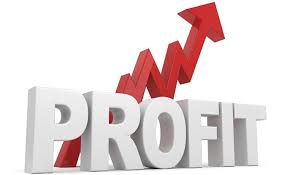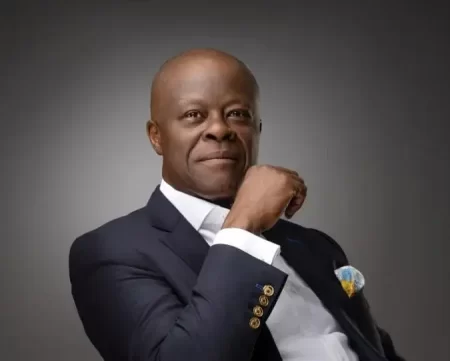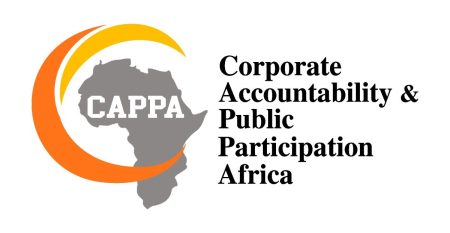 London — BP’s profit more than tripled to $2.6 billion in the first quarter thanks to stronger oil prices and bumper revenue from natural gas trading, paving the way for the energy company to start buying back its shares.
London — BP’s profit more than tripled to $2.6 billion in the first quarter thanks to stronger oil prices and bumper revenue from natural gas trading, paving the way for the energy company to start buying back its shares.
In a sign of growing confidence in the economic recovery and its operations following a year of cutting costs, headcount and its dividend, BP said it will buy back $500 million of shares in the second quarter to offset dilution from an employee share distribution programme.
Helping it deliver on its earlier promise to buy back shares, net debt fell below the company’s $35 billion target sooner than expected, dropping $5.6 billion from the end of December to $33.3 billion at the end of March, chiefly due to around $4.8 billion worth of disposals and higher oil prices.
“We estimate a further $1.5-2 billion in buybacks is possible this year,” Bernstein analysts, who have an outperform rating on BP stock, said in a note.
The company said it would provide an update on the third quarter buyback programme later this year.
On a conference call, Chief Executive Bernard Looney said it was possible that cash distribution, or dividend, levels could return to pre-pandemic levels over the course of next year.
BP’s shares had given up earlier gains of around 3% by 0954 GMT, having risen around 17% year-to-date.
However, the company is the weakest performer among the oil majors, with shares still around a third lower than their pre-pandemic level as investors fret over its energy transition strategy.
BP plans to build Britain’s largest hydrogen plant
As part of Looney’s plan to shift focus to low carbon investments, BP aims to sell $25 billion of assets by 2025.
From a target of 50 gigawatts of renewables capacity by 2030, it currently has 1.6 GW of installed capacity, has given the financial go-ahead to a further 3.3 GW and has an additional pipeline of around 14 GW.



